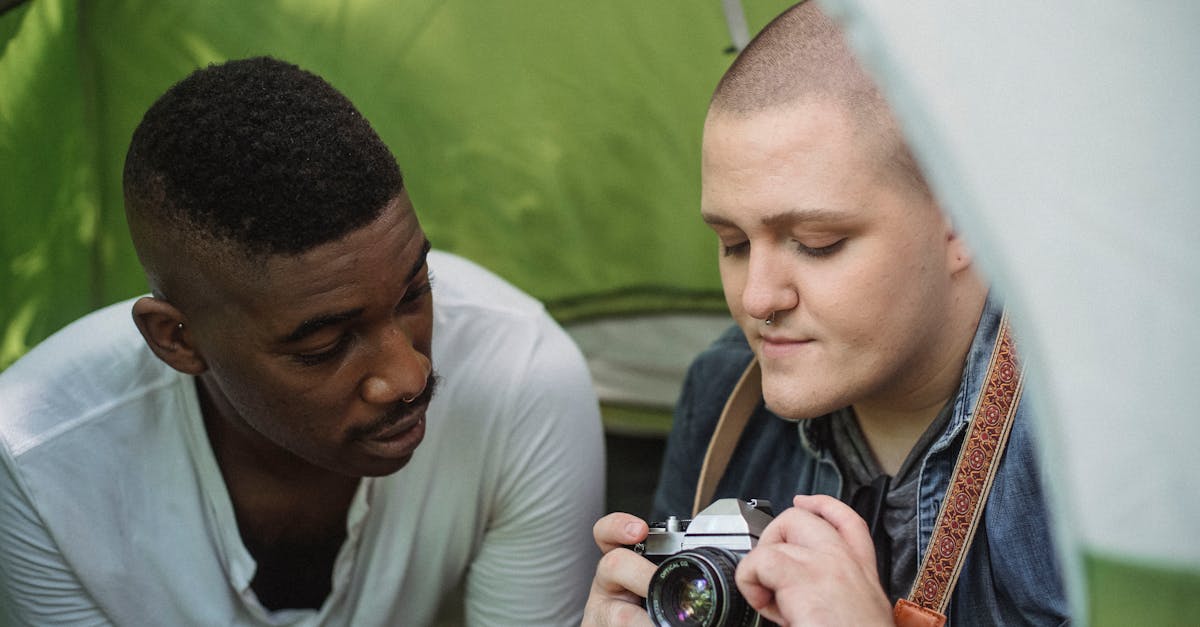Setting the Stage for Empathy
Teaching empathy to preschoolers might sound as feasible as nailing jelly to a wall, but trust me, it’s not only possible, it’s crucial. Imagine the morning chaos: cereal flying, milk spills resembling abstract art, and amidst this, your little one stops to give you a hug. That’s the first step to reflecting God’s love. Teaching toddlers this early, especially in their relationships, plants seeds for a more understanding future society. Start with simple acts of kindness at home, like sharing toys or helping to set the table. Remember, repetition is key in these formative years, and patience is your best friend (or at least a close acquaintance).

Teaching empathy from a young age is essential for the development of children and society.
Modeling Behavior: More Than Monkey See, Monkey Do
Ever tried putting on a puppet show with socks, only to have it turn into a sockball fight? That’s modeling behavior with a twist. Preschoolers are excellent imitators, absorbing our actions like tiny, super-efficient sponges. So, when we show love, patience, and forgiveness in our daily interactions, they’re likely to mimic those behaviors. It’s not about perfection but progress. Apologizing when we’re wrong shows them humility and grace. So next time you ‘accidentally’ eat their chocolate, explaining and asking for forgiveness is a good place to start.

Navigating the Stormy Seas of Preschool Emotions
Ah, the emotional whirlwinds of a preschooler. One minute they’re cuddling their teddy, the next, the teddy’s in time-out for crimes against toddler-manity. It’s crucial at this stage to teach them about emotions and how they affect others. Simple stories and role-playing games can be surprisingly effective here.
For instance, playing ‘How Would You Feel’ games can help them understand empathy. And remember, every meltdown is an opportunity to teach them about finding peace and calm in God’s love, even if it means counting to ten (thousand).

Emotional intelligence in preschoolers is a fundamental building block for their future relationships and interactions. Nurturing this aspect of their development now will lay a solid foundation for their social skills and empathy as they grow.
Creative Love: Crafts that Teach Compassion
Handcrafting a little empathy might sound like a Pinterest fail waiting to happen, but hear me out. Simple crafts can be powerful tools for teaching compassion. Think friendship bracelets, ‘I’m Thankful For’ jars, or cards for local senior citizens. These activities not only foster creativity but also provide tangible examples of love and kindness. Plus, explaining the purpose behind each craft reinforces the lesson. And who knows? You might just discover your preschooler’s hidden talent for macaroni art in the process.

Inviting Interaction: Fostering Positive Peer Relationships
Teaching kids to play nice feels a bit like orchestrating peace talks on a miniature scale. Facilitating positive peer relationships among preschoolers requires a dash of psychology, a sprinkle of patience, and a whole lot of prayer.
Organized playdates, cooperative games, and group projects can be great arenas for this. Encourage them to solve disputes with words, not wails, and to always find ways to include others. Highlighting moments when they successfully navigate social challenges reinforces positive behavior and sets them up for a lifetime of meaningful relationships.
 **Remember:** Teaching positive social skills early in life can have a lasting impact.
**Remember:** Teaching positive social skills early in life can have a lasting impact.
